1966 Ford Mustang Fastback, Factory AC, 289, Auto, Rally-Pack Gauges
- Price:
- Location: Saint Louis, Missouri, United States
- Make: Ford
- Model: Mustang
- SubModel: Mustang Fastback
- Type: Fastback
- Trim: Fastback
- Year: 1966
- Mileage: 17,177
- VIN: 6R09C110008
- Color: Red
- Engine size: 289
- Number of cylinders: 8
- Fuel: Gasoline
- Transmission: Automatic
- Drive type: RWD
- Interior color: Black
- Vehicle Title: Clear
1966 Ford Mustang Fastback Description
1966 Ford Mustang Fastback Description1966 Ford Mustang Fastback
C-code Mustang Rare Factory Air Conditioning 289 CID Windsor Challenger V-8 engine Original Holman-Moody heads and valve covers C-4 Cruise-O-Matic three-speed automatic transmission Candy Apple Red exterior (code T) and white accent stripe with black interior Pony interior option with Rally-Pack gauges and rarely seen air-conditioning Aftermarket Nardi wood steering wheel, factory fog lights and power steering One of 35,698 Mustang Fastbacks made in 1966Many Ford ponycars have come through the MotoeXotica Classic Car corral but few are as nice as this one. We are pleased to offer this restored 1966 Ford Mustang Fastback with factory AC. Built on September 21, 1966 at Ford’s San Jose, California factory, and originally delivered to the Los Angeles, California region, this C-code pony is ready to impress. For 1966, the Mustang was the third-best selling nameplate in America, quite a feat for a car only in its third model year.
Finished in Candy Apple Red (code T), the car’s paint and trim are in decidedly very good overall condition. There are a couple of minor blemishes visible upon close inspection, one on the driver’s side rear fender top and another near the peak of the right front fender. This pony’s windows are clear and intact while its lights are in very good order and haze-free.
The car rolls on Goodyear Eagle ST white letter tires, size 205/70R14, and surrounding factory Pony wheels. The tires and wheels are in very good condition, no obvious pitting or scuffing. All of the car’s body panels are straight and solid, including the chrome bumpers. The trunk is in good order and comes with a full-size spare tire, with front disc brakes with rear drums. The engine bay is very tidy and the battery appears new.
Under the hood is a 289 CID Windsor Challenger V-8 engine with rarely seen Holman-Moody heads and valve covers, mated to Ford’s C-4 Cruise-O-Matic three-speed automatic transmission (code 6) and a 2.80:1 (code 6) rear end. The 289 Windsor engine was introduced in April 1963. Bore was expanded to 4.00 inches, becoming the standard bore for most Windsor engines, while stroke remained at 2.87 inches. For 1965, the compression ratio of the base 289 was raised to 9.3:1. Engine specifications went unchanged for 1966. Driver convenience features included power steering, factory fog lights and air-conditioning, which only came on 9.5 percent of ’66 Mustangs, or fewer than 58,000 of 607,568 units sold.
Inside, the car’s black front bucket and rear bench seats are in very good condition, as is the matching carpet and headliner. The black, padded instrument panel is in great shape has woodgrain appliqués and aftermarket period correct Smith Warner gauges for engine temperature, oil pressure and oil temperature mounted beneath on the passenger’s side, however the fuel gauge is inoperable. As part of the Rally-Pack instrumentation, straddling the steering column are a Ford tachometer and clock. Facing the driver is an excellent example of an expensive aftermarket Nardi three-spoke wooden steering wheel, more often found on Italian exotics. The inner door panels are black to mirror the rest of the interior and are in very good order, as are the mirror glass, center console and shifter, with its wooden handle to echo the Nardi wheel. Back seat passengers can open the Silent-Flo ventilation panels in the B-pillars for better interior air flow. Rounding out the interior is a Retro Sound AM/FM stereo.
The 1966 Mustang debuted with moderate trim changes including a new grille, side ornamentation, wheel covers and gas cap. Ford’s new C-4 “Cruise-O-Matic” three-speed auto transmission became available. A large number of new paint and interior color options, an AM/eight-track sound system, and one of the first AM/FM mono automobile radios, were also offered. It also removed the Falcon instrument cluster; the previously optional features, including the round gauges and padded sun visors, became standard equipment.
The 1965 and 1966 Mustangs are differentiated by variations in the exterior, despite similar design. These variations include the emblem on the quarter-panels behind the doors. From August 1964 production, the emblem was a single vertical piece of chrome, while for 1966 models the emblem was smaller in height and had three horizontal bars extending from the design, resembling an “E”. The front intake grilles and ornaments were also different. The 1965 front grille used a “honeycomb” pattern, while the 1966 version was a “slotted” style. While both model years used the “Horse and Corral” emblem on the grille, the 1965 had four bars extending from each side of the corral, while on the 1966, these bars were removed.
Competition to this Ford in 1966 included Chevrolet’s Corvair, Dodge’s Dart, Ford’s own Falcon and Plymouth’s Barracuda.
This car is currently located at our facility in St. Louis, Missouri. Current mileage on the odometer shows 17,177 miles not believed to be actual. It is sold as is, where is, on a clean and clear, mileage exempt title. GET OUT AND DRIVE!!!
Click here for our YouTube video!
VIN: 6R09C110008
Note: Please see full terms and conditions listed below that pertain to the purchase of any said vehicle, thank you.
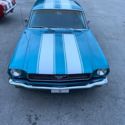 1966 Ford Mustang Coupe Green Power Steering Center Console Rally Pack Gauges
1966 Ford Mustang Coupe Green Power Steering Center Console Rally Pack Gauges
Mileage: 100
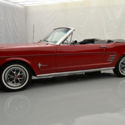 1966 Mustang Convertible 8 Cylinder Green Dot 3spd Auto RWD Red A/C Rally Pack
1966 Mustang Convertible 8 Cylinder Green Dot 3spd Auto RWD Red A/C Rally Pack
Mileage: 47,996
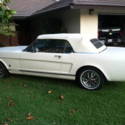 1966 Mustang GT Conv. V8, auto, a/c ,p/s, disc brake, Rally-pack tack, GT wheels
1966 Mustang GT Conv. V8, auto, a/c ,p/s, disc brake, Rally-pack tack, GT wheels
Mileage: 78,492
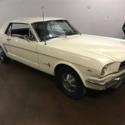 1965 Ford Mustang factory 289 V8 4 Speed C Code Rally Pack Car!!
1965 Ford Mustang factory 289 V8 4 Speed C Code Rally Pack Car!!
Mileage: 70,000
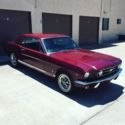 1966 Ford Mustang GT 4-Spd Matching #'s 289cid 4V 225hp Rally Pack AC RARE
1966 Ford Mustang GT 4-Spd Matching #'s 289cid 4V 225hp Rally Pack AC RARE
Mileage: 107,043
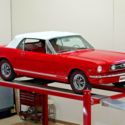 1966 Ford Mustang GT Convertible 289 A Code, 4 Speed, Rally Pack, Pony Interior!
1966 Ford Mustang GT Convertible 289 A Code, 4 Speed, Rally Pack, Pony Interior!
Mileage: 2865
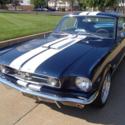 1966 FORD MUSTANG GT350 ICE COLD AIR CONDITIONING 4WHL DISC BRK RALLY PACK W@W!!
1966 FORD MUSTANG GT350 ICE COLD AIR CONDITIONING 4WHL DISC BRK RALLY PACK W@W!!
Mileage: 87035
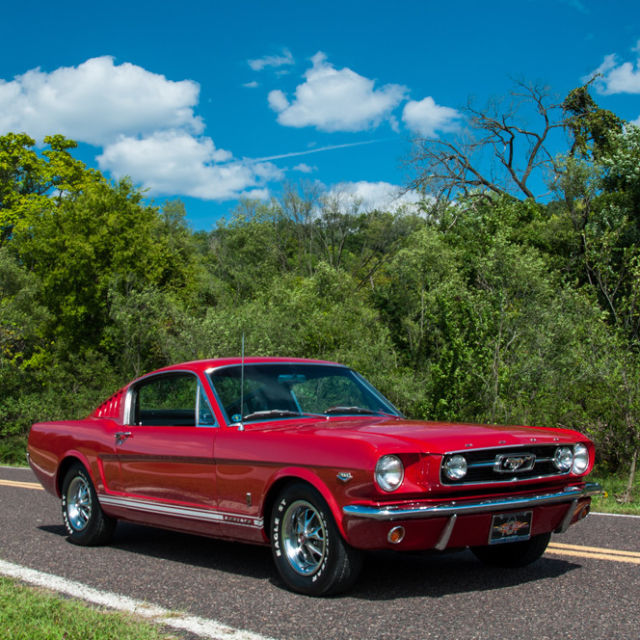
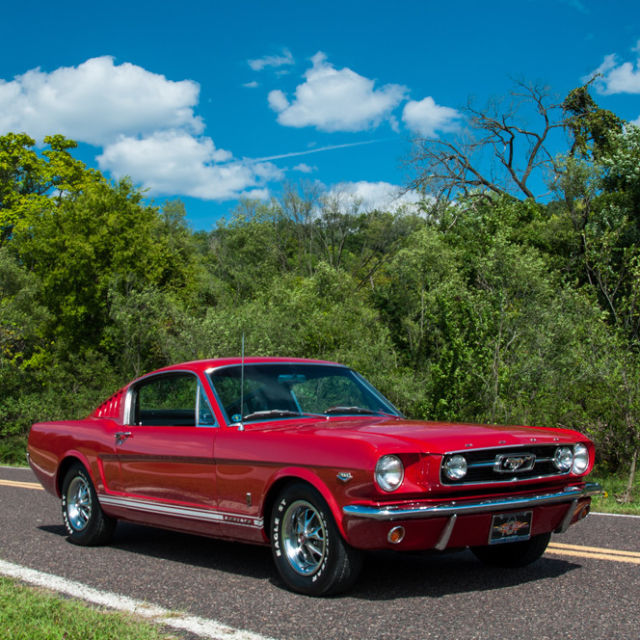
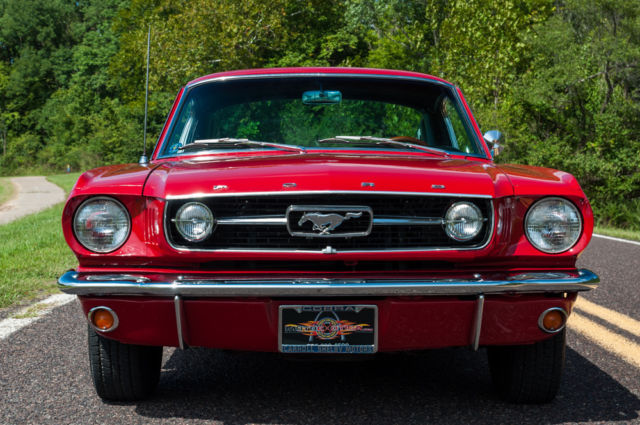


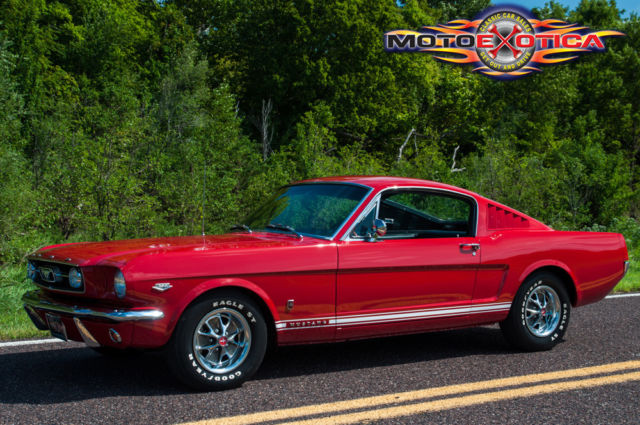

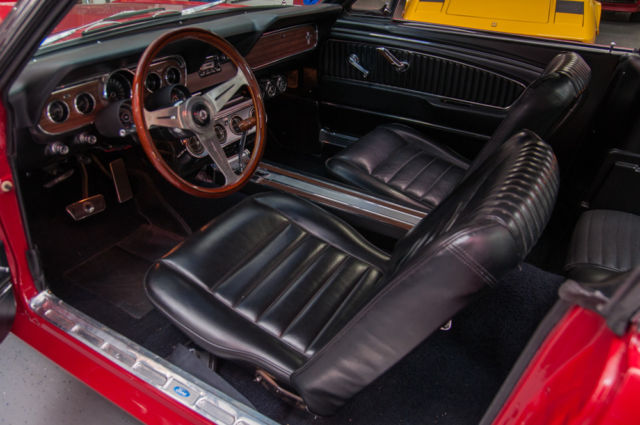
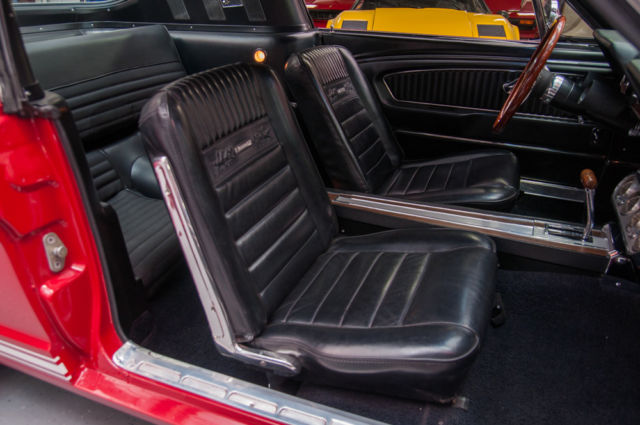
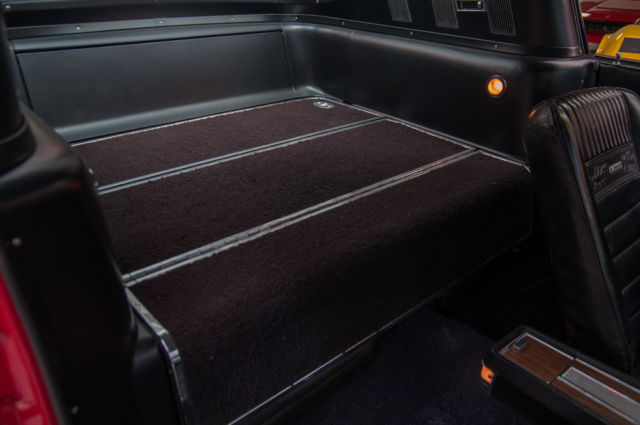
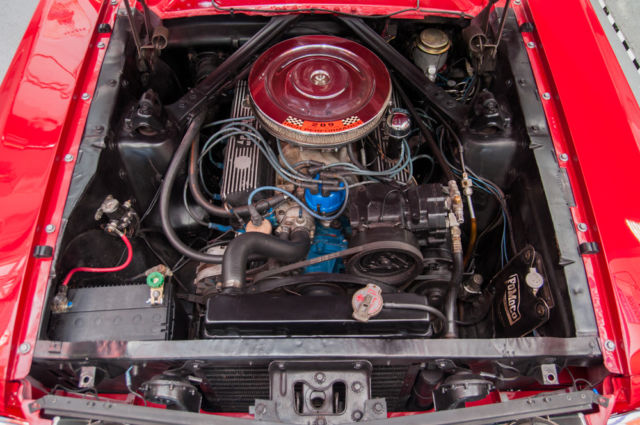
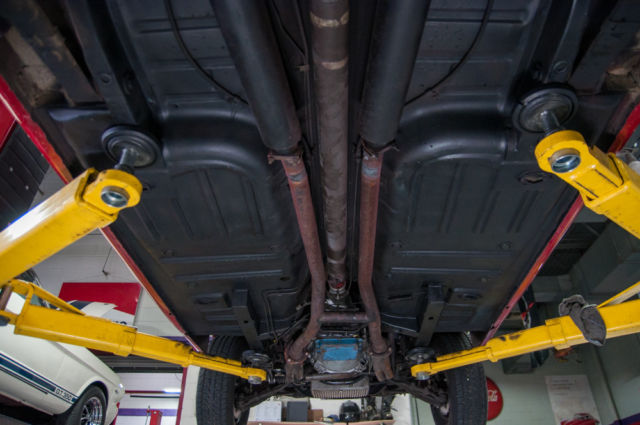

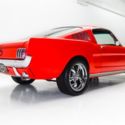 1965 Ford Mustang Fastback, Rally Gauges Automatic
1965 Ford Mustang Fastback, Rally Gauges Automatic
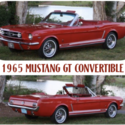 1965 Ford Mustang Convertible GT Package 289 Auto AC PTop PS Rally Pack
1965 Ford Mustang Convertible GT Package 289 Auto AC PTop PS Rally Pack
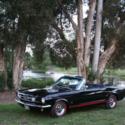 1966 Ford Mustang Convertible GT K Code AC PS PB PTop DiscBrakes Rally Pack
1966 Ford Mustang Convertible GT K Code AC PS PB PTop DiscBrakes Rally Pack